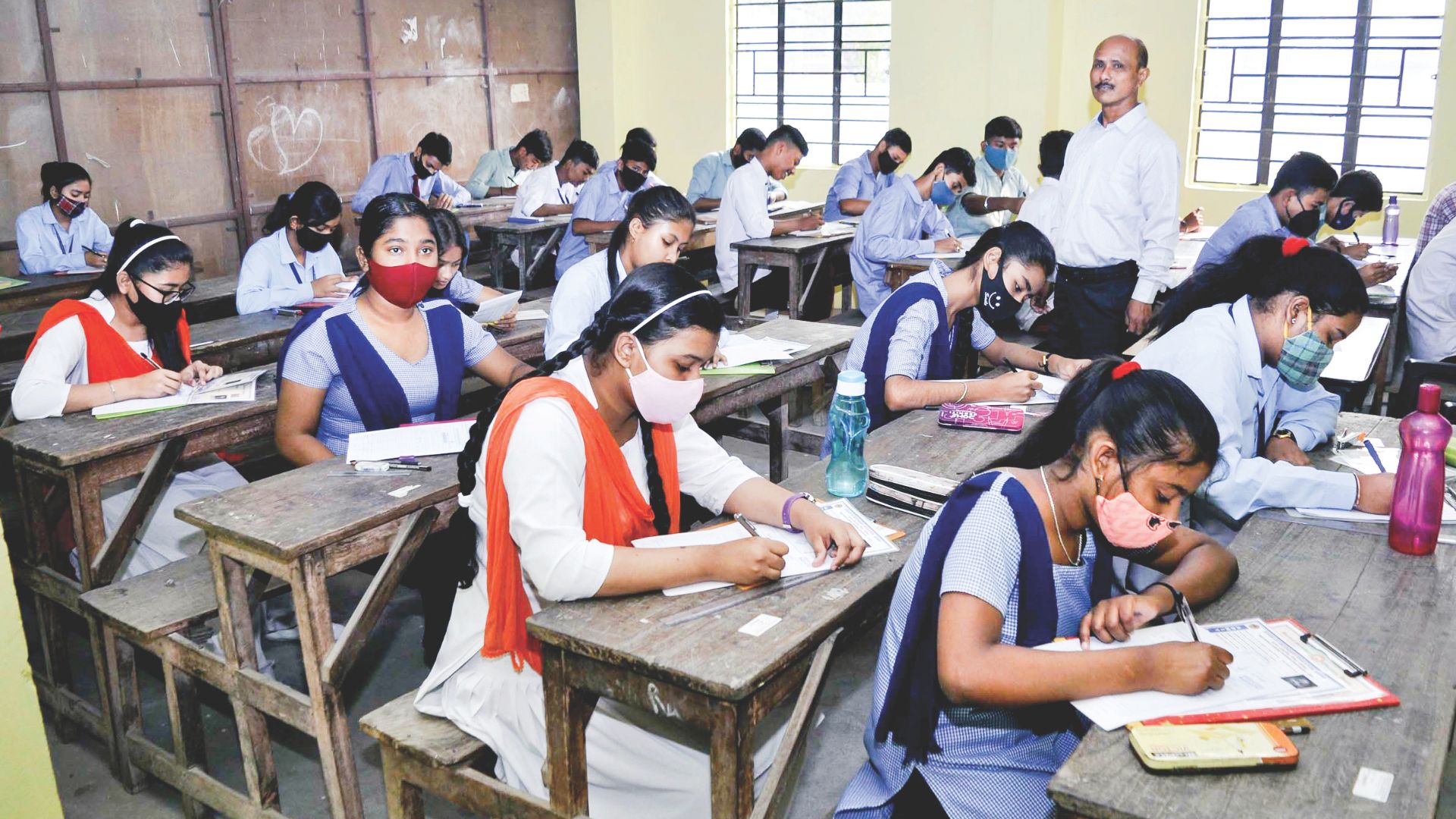
Air pollution is when harmful substances like – particles, gases or matter are released into the air and reduce its quality and the air is polluted. Most air pollutants comes from source like power plants and factories that burn fossil fuels (coal, oil and natural gases); road traffic, waste management, excessive fertilizer and pesticide use and burning of agricultural waste, coal or wild fires.
Air pollution can cause serious health and environment hazards to pregnant women and unborn babies with long term health consequences to children and all other living beings.
Exposure to air pollution throughout the first 1,000 days of life (from conception to the second year of life) may be particularly important for children long term health. In addition to serving as indicators of previousexposures, changes in biological markers, as DNA methylation and telomere length, may contribute to the relationship to air pollution and illnesses associated with it. Air pollution may indirectly harm lung development by causing how birth weight, preterm labour, early or lets miscarriage, sometimes stillbirth, or improper immune system development.
The major impact of air pollution in pregnancy during prenatal period may interfere with organ development and organogenesis pollutants in the air contains particles known as pm2.5. These particles are so small and can be carried or pass into the lungs and enter the blood stream, which increases the risk of heart and respiratory disease, strokes and lung cancer.
During pregnancy due to air pollution, a women body store harmful chemicals from the air, passing them to her baby during pregnancy and breastfeeding. Air pollution causes both immediate and long term health effects as respiratory problems such as pneumonia, bronchitis, asthma and chronic obstructive respiratory disease. It can also cause potential harm to learning anddevelopment potential.
Protection
Air pollution is a global problem and requires action by individuals, families and also by communities and governments. It is advised that pregnant women limit or prevent exposure to air pollution, especially during early and late stages of pregnancy. Try to stay indoor as much as possible when air quality is bad as of Delhi NCR and if not possible them use N – 95 masks throughout outdoor and indoor areas. If possible, consider air purifiers with high efficiency particulate air (HEPA) filters which are effective against indoor air pollution. Healthy diets and lifestyles with proper hydration can reduce overall impact of air pollution in pregnant women and on children.
Delhi NCR air quality is deteriorated to poor category on Thursday (2nd Nov 2023). Thus in view of rising air pollution, it can have negative health consequences leading to preterm birth, low birth weight, still birth or congenital abnormalities, High BP. Nitrate, sulphate, black carbon and aluminum are among the pollutants in Delhi’s air that worsen asthma attacks, make breathing difficult, cause birth defects, headaches and Alzheimer’sdisease.
The author is a senior Consultant, Obestretics & Gynaecology, Max Smart Super Speciality Hospital.















